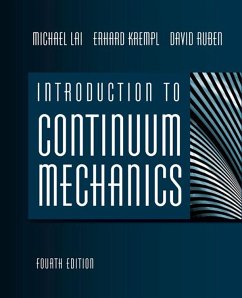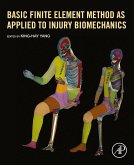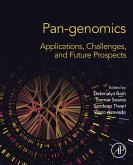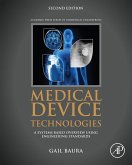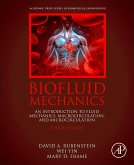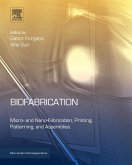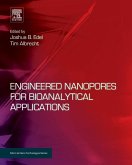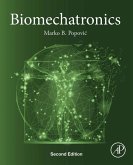This new edition offers expanded coverage of the subject matter both in terms of details and contents, providing greater flexibility for either a one or two-semester course in either continuum mechanics or elasticity. Although this current edition has expanded the coverage of the subject matter, it nevertheless uses the same approach as that in the earlier editions - that one can cover advanced topics in an elementary way that go from simple to complex, using a wealth of illustrative examples and problems. It is, and will remain, one of the most accessible textbooks on this challenging engineering subject.
- Significantly expanded coverage of elasticity in Chapter 5, including solutions of some 3-D problems based on the fundamental potential functions approach
- New section at the end of Chapter 4 devoted to the integral formulation of the field equations
- Seven new appendices appear at the end of the relevant chapters to help make each chapter more self-contained
- Expanded and improved problem sets providing both intellectual challenges and engineering applications
Dieser Download kann aus rechtlichen Gründen nur mit Rechnungsadresse in A, B, BG, CY, CZ, D, DK, EW, E, FIN, F, GR, HR, H, IRL, I, LT, L, LR, M, NL, PL, P, R, S, SLO, SK ausgeliefert werden.

